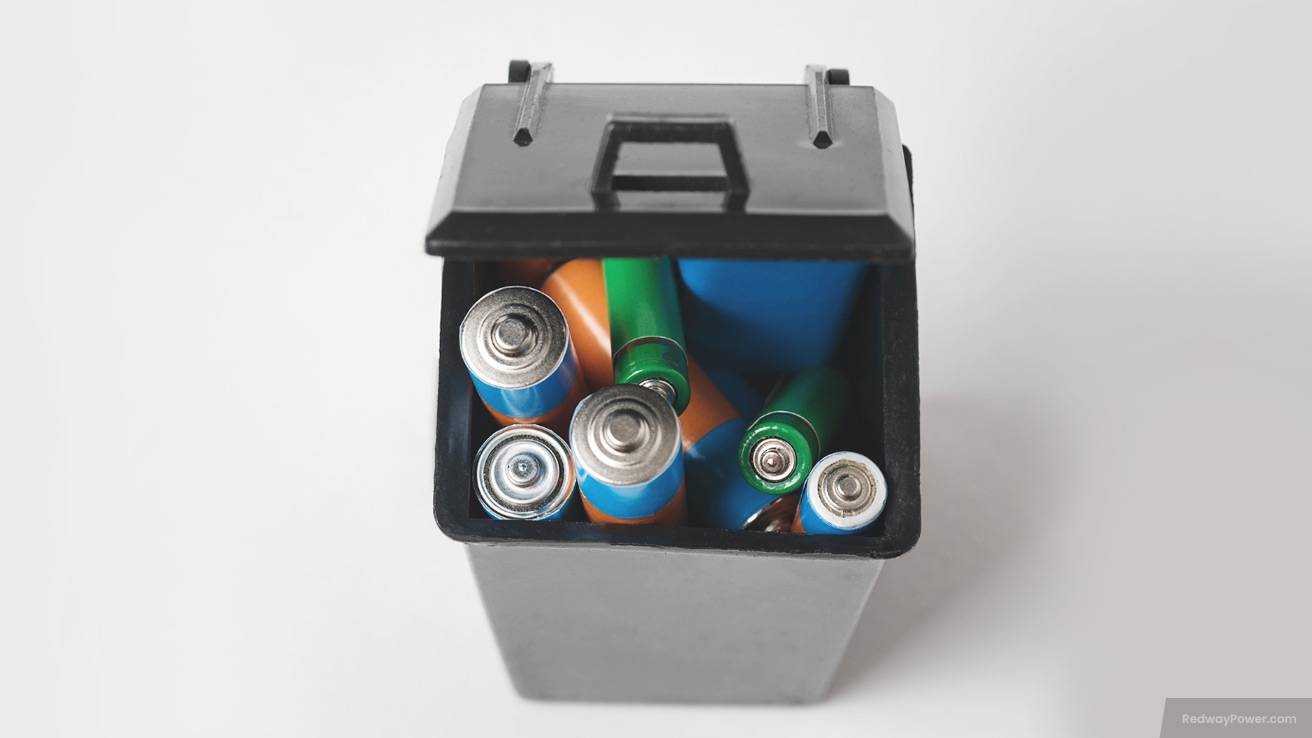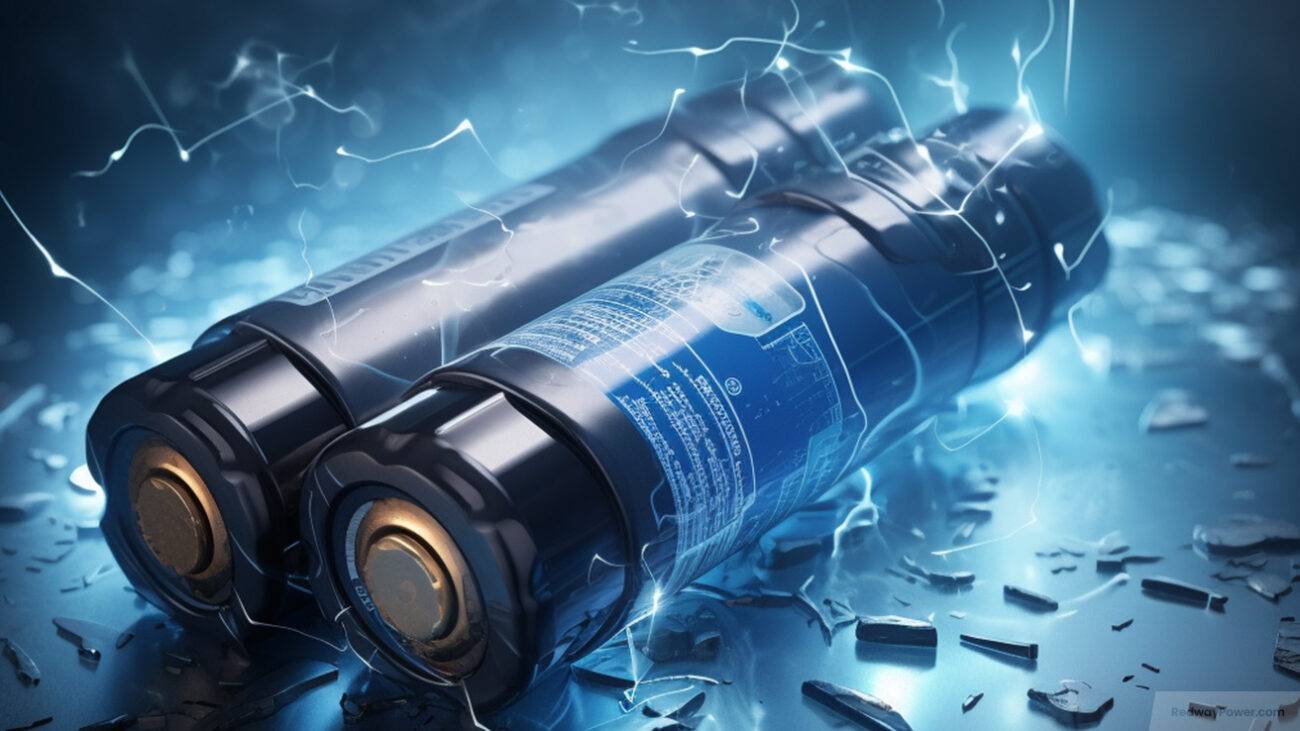
Blog
Do Batteries Die Even When Not in Use?

Batteries can indeed die even when not in use due to a natural process called self-discharge, where they gradually lose their charge over time. Various factors, including temperature and storage conditions, can accelerate this process. Understanding these dynamics is crucial for maintaining battery health and ensuring longevity.
What happens to batteries when they are not used?
When batteries are left unused, they undergo a gradual loss of charge known as self-discharge. This phenomenon occurs in all types of batteries, including lithium-ion, nickel-cadmium, and lead-acid. Over time, if not periodically charged, the battery can reach a critically low level, rendering it unable to hold a charge or function effectively.
| Condition | Effect on Battery |
|---|---|
| Not Used | Gradual loss of charge due to self-discharge |
| Self-Discharge Rate | Varies by battery type; lithium-ion typically loses 2–3% per month |
How does self-discharge affect battery lifespan?
Self-discharge significantly impacts the lifespan of batteries:
- Capacity Reduction: As batteries lose charge over time, their overall capacity diminishes. If a battery is stored for too long without being charged, it may become permanently damaged.
- Critical Low Charge: Allowing a battery to reach critically low levels (often below 20%) can lead to irreversible damage, particularly in lithium-ion and lead-acid batteries.
- Maintenance Needs: Regularly checking and charging batteries can help mitigate the effects of self-discharge and prolong their lifespan.
| Self-Discharge Impact | Description |
|---|---|
| Capacity Reduction | Leads to diminished usable energy |
| Critical Low Charge | Risks permanent damage |
| Maintenance Needs | Regular checks help prolong lifespan |
What causes battery degradation during inactivity?
Battery degradation during inactivity is caused by several factors:
- Chemical Reactions: Internal chemical reactions continue even when the battery is not in use, leading to gradual capacity loss.
- Electrolyte Decomposition: Over time, the electrolyte within the battery can break down, increasing internal resistance and reducing efficiency.
- Calendar Aging: This term refers to the gradual loss of capacity over time regardless of usage, influenced by temperature and state of charge.
| Cause | Description |
|---|---|
| Chemical Reactions | Ongoing reactions lead to capacity loss |
| Electrolyte Decomposition | Break down increases internal resistance |
| Calendar Aging | Gradual loss of capacity over time |
How do environmental factors influence battery health?
Environmental factors play a significant role in determining the health of batteries:
- Temperature: Extreme temperatures can accelerate degradation; high heat increases chemical reaction rates while cold temperatures can hinder performance.
- Humidity: High humidity levels can lead to corrosion of internal components, impacting overall functionality.
- Storage Conditions: Storing batteries in a cool, dry place helps maintain their health and prolongs their lifespan.
| Environmental Factor | Impact on Battery Health |
|---|---|
| Temperature | Extreme conditions reduce performance |
| Humidity | Can cause corrosion and damage |
| Storage Conditions | Cool, dry environments enhance longevity |
What can be done to prolong battery lifespan when not in use?
To prolong the lifespan of batteries during periods of inactivity:
- Store at Optimal Charge Levels: Keep the battery charged between 40% and 60% for best results.
- Use Proper Storage Conditions: Store in a cool, dry place away from direct sunlight and extreme temperatures.
- Regular Maintenance Checks: Periodically check the charge level and condition of the battery to ensure it remains healthy.
- Avoid Extreme Temperatures: Protect your batteries from high heat or extreme cold during storage.
| Prolonging Method | Description |
|---|---|
| Optimal Charge Levels | Maintain between 40% and 60% |
| Proper Storage Conditions | Store in cool, dry areas |
| Regular Maintenance | Check for signs of wear or damage |
| Avoid Extreme Temperatures | Prevents rapid degradation |
What is battery self-discharge?
Battery self-discharge is the natural process by which a stored battery loses its charge over time without any external load connected. This phenomenon occurs due to internal chemical reactions that continue even when the device is turned off or inactive.
Key Points:
- Self-discharge rates vary by chemistry; lithium-ion typically has lower rates compared to nickel-cadmium or lead-acid.
- Regular maintenance and periodic charging can help mitigate self-discharge effects.
How can you maintain battery health during storage?
To maintain the health of your batteries while they are stored:
- Charge Before Storage: Ensure that your batteries are at an optimal charge level (around 40%-60%) before storing them.
- Store in Appropriate Conditions: Keep them in a cool, dry place away from direct sunlight and extreme temperatures.
- Check Periodically: Inspect stored batteries every few months for signs of leakage or corrosion and recharge if necessary.
- Avoid Long-Term Full Discharges: Do not allow batteries to sit completely discharged for extended periods as this can lead to permanent damage.
| Maintenance Tip | Description |
|---|---|
| Charge Before Storage | Ensures optimal levels |
| Store in Appropriate Conditions | Protects against environmental damage |
| Check Periodically | Helps identify issues early |
| Avoid Long-Term Full Discharges | Prevents permanent damage |
Tips for Battery Wholesale Buyers
For those looking to purchase batteries in bulk or OEM orders, consider these key points:
- Choose Reliable Manufacturers: Partnering with established companies like Redway Power, which has over 13 years of experience in lithium technology, ensures quality products.
- Understand Your Needs: Clearly define specifications based on application requirements.
- Request Samples: Before placing large orders, testing samples helps ensure product satisfaction.
By opting for advanced technologies over traditional options, buyers benefit from improved efficiency and reduced environmental impact.
Redway Power Expert Views
“Understanding how environmental factors affect lithium batteries is essential for maximizing their lifespan,” states an expert from Redway Power. “With proper care and attention during storage periods, users can significantly extend their batteries’ usable life.”
FAQ Section
- Do batteries die even when not in use?
Yes, they undergo self-discharge and chemical degradation over time. - What factors contribute to lithium battery degradation?
Key factors include temperature extremes, charging habits, and chemical reactions within the cells. - How often should I check my unused lithium batteries?
It’s advisable to check them every few months to ensure they maintain a healthy charge level. - What is self-discharge?
Self-discharge is the gradual loss of charge that occurs even when a battery is not being used. - How should I store my lithium batteries?
Store them in a cool, dry place at around 40% to 60% charge for optimal longevity.





